
Editor's Note: This story originally appeared on NewRetirement.
Estate planning is an important aspect of your retirement planning. The main point of an estate plan is to provide for your beneficiaries and make it easy for them to carry out your wishes.
There is a wide variety of estate planning documentation to complete — wills, trusts, powers of attorney, letters of instruction, and more. And you probably have those things under control.
However, organizing your possessions for your heirs is another task that should not be overlooked. In fact, decluttering can both enhance your life now and be a huge help to your heirs.
Organizing your possessions is an ideal task for leading up to or shortly after retirement. Here are reasons to declutter your home in retirement.
1. Your Heirs Don’t Want To Do It
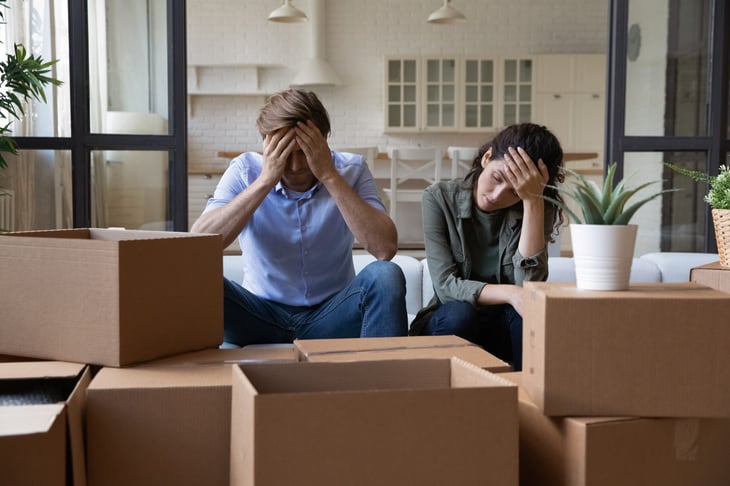
A recent New York Times article on decluttering drew over 1,700 comments. Most were from adult children who were traumatized by cleaning out the homes of their deceased loved ones.
Beth from Washington did not mince words. She said, “Having now cleaned out 5 family members’ houses, I can attest to this. Do you hate your children? Your relatives? The executor of your will? If you do, by all means leave them a giant pile of junk. If you don’t hate them, please don’t.”
Jill from Iowa said, “Don’t leave your clutter for your relatives to deal with. Their grief and your death will turn to resentment as they spend days and even weeks (or more) dealing with your stuff.”
Consider What You Want To Leave Behind

Anna from Pennsylvania was delighted by the thoughtfulness of her mother, who went through her own things and also documented the significance of the objects she chose to keep.
Anna wrote, “One of the nicest gifts my mother left for all her children was to clear out her attic and de-clutter her house when she turned 80. When she died at age 86, I found the special items she had kept had little stories taped to the back/bottom/inside: Who gave it to her, a funny or poignant anecdote, why the item meant so much to her or to the family history. ”
Kate from Georgia was overwhelmed by the task of cleaning out her parents’ things. She wrote, “Three weeks ago, my brother and I locked the door of the second of 2 10×8 storage units we had to rent after we donated or discarded the other 90% of our parents’ possessions.
“As we drove away, I asked my brother, ‘Do you think Mom and Dad, at their sanest, would have wanted us to spend 6 weeks, working 7 am to 7 pm, going through their stuff rather than grieving their loss with our loved ones?'”
Really consider what you want to leave behind and why.
2. Paring Down Stuff Can Enhance Your Life Now

In Sweden, the act of paring down your belongings after retirement is called “death cleaning.”
The task was documented in a book, “Swedish Death Cleaning: How to Free Yourself From a Lifetime of Stuff (Minimalist Living),” by Linnea Gustoffson. She writes, “death cleaning is a permanent form of organization that makes your everyday life run more smoothly.”
And, it turns out that decluttering is scientifically proven to help you focus.
If you want retirement to be meaningful, consider ways to get rid of what doesn’t really matter.
3. Clutter Is Dangerous as You Age
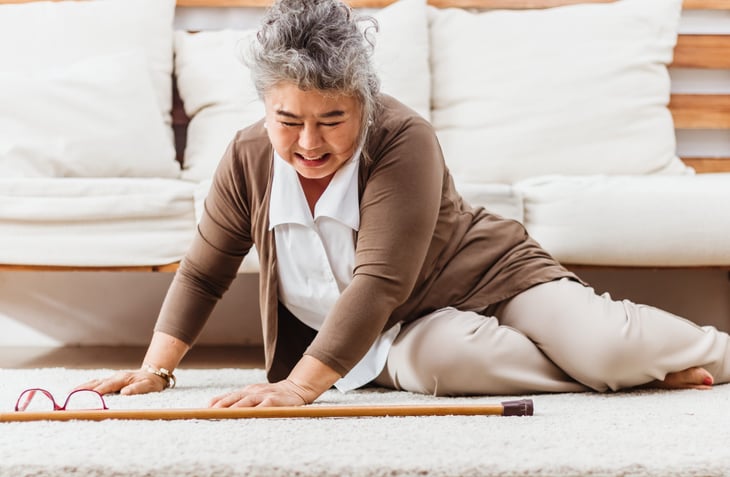
People who live in disorganized environments are more likely to make poor eating choices and be overweight.
And, the clutter itself can be dangerous.
According to the Centers for Disease Control and Prevention, 1 in 4 Americans age 65 and older falls each year.
Tripping is the leading cause of fatal and nonfatal injuries among older adults. Many falls can be prevented by creating a safer and clutter-free home environment.
4. Too Much Stuff Can Cause Stress

There is significant research that connects clutter with stress. In one study, people were asked to describe their homes.
The respondents who talked about clutter in their house had higher levels of the stress hormone cortisol and reported worse moods than those who lived in more streamlined residences.
5. Clutter Blocks Sleep
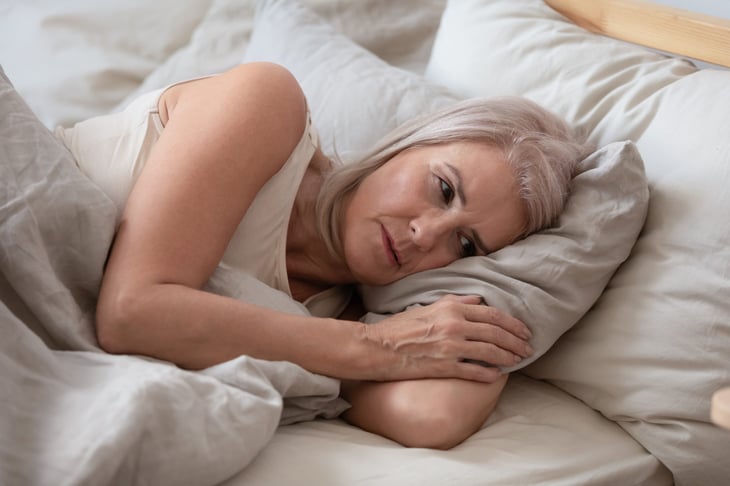
Studies have found that people who sleep in cluttered rooms have a harder time falling asleep and are more likely to awaken in the middle of the night.
6. Storing Stuff Is Expensive
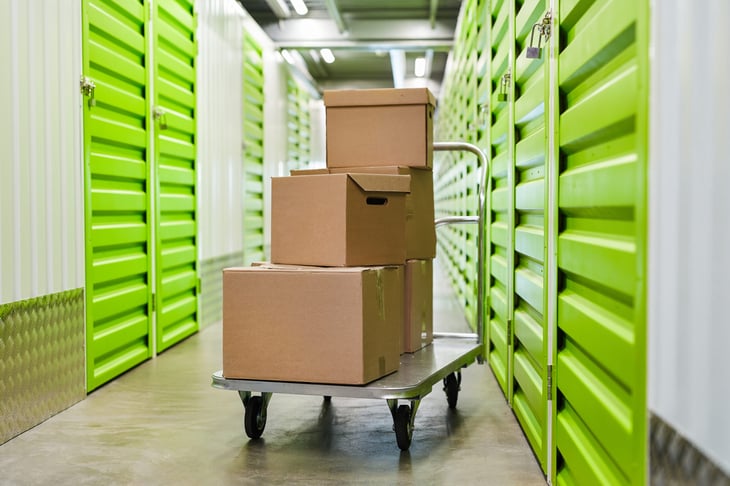
It is not just us living in our houses. Our stuff lives there too. And, the more stuff you have, the bigger your home needs to be – which is an added expense.
And, storage companies are big businesses. It is estimated that 1 in every 11 American households has a storage unit.
There are more storage facilities in the United States than there are MacDonald’s.
Do you want to fund housing for stuff you don’t really need? Or, could that money be better used on experiences?
7. Getting Rid of Stuff Can Make You Happier

Research suggests that paring down possessions can help you focus on what is important to you in your life.
Stuff doesn’t make you happy. Relationships and activities do.
Now, here are ideas for cleaning out the closets, drawers, garages and storage units.
1. Establish a plan of attack

Decluttering can feel overwhelming. Establishing a plan for how to tackle your stuff can be helpful.
Think about which rooms to do first. Or, organize yourself by types of objects: books, kitchen, photos, clothes, etc.
2. Give yourself deadlines
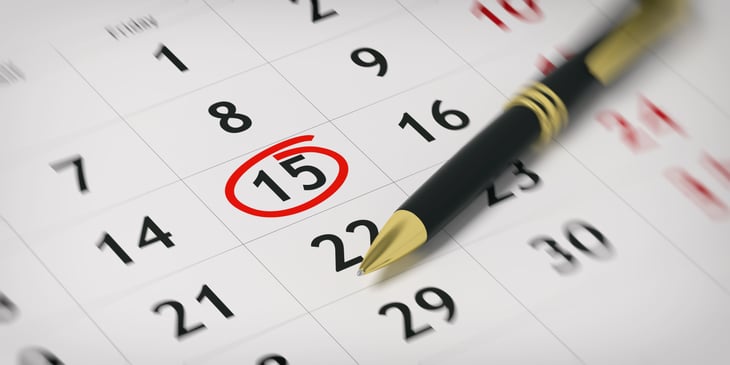
An important part of holding yourself accountable for decluttering is to follow a timeline. Otherwise it can be easy to avoid the task at hand.
3. Hire a consultant
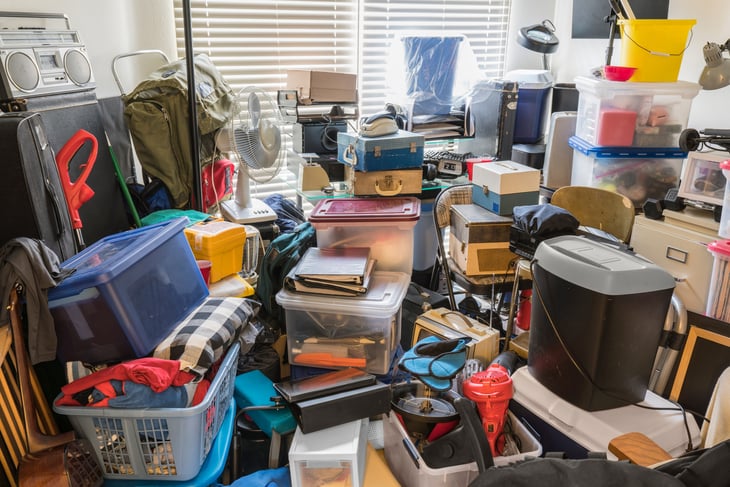
Can’t imagine tackling your stuff on your own? There are services that can help.
Professional organizers can help you get motivated and stay on track. They can strengthen your resolve to get rid of things and help you make decisions about what to keep.
Don’t want to pay someone? You might be able to enlist a friend’s help.
4. Stop buying things

Most experts say that the most important part of decluttering is a commitment to stop buying things.
5. Take photos of things you want to remember

It is understandable to want to remember things. Photographing your objects enables you to retain the memory in a tangible way without the clutter of the actual thing.
One New York Times reader commented, “A friend of mine suggested taking photographs of objects that were treasured but no longer useful or needed.
“I now have a folder on my phone of these and found it’s a really helpful trick. I don’t feel I’ve ‘lost’ what I am discarding/donating.”
6. Birthday purging

Decluttering does not need to be a big production. It can be a monthly, quarterly or annual habit.
Consider birthday purging — every year, around your birthday, get rid the number of items that is your age.
So, if you are 65, get rid of 65 things you no longer need, want, or find useful.
7. Understand that value is what it is worth to someone else
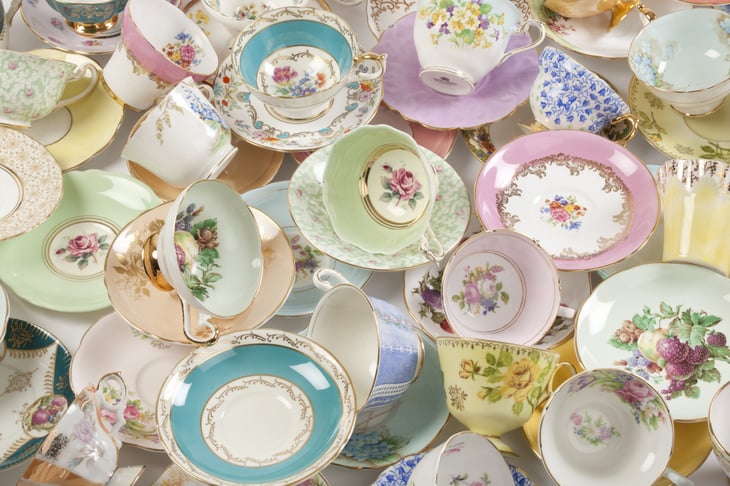
You may love your sweater, china, doll or jewelry collection. Your possessions may have sentimental or monetary value to you.
But, if they are not imbued with the same monetary value to anyone else, they are not valuable.
As Jim in Seattle caustically wrote, “You may find this shocking, but nobody wants your JC Penney sweater collection when you move to Costa Rica, folks.”
Value is never what you paid for something. Value is what it is worth to someone now.
Will your kids cherish Aunt Alice’s spoon collection? Maybe. Maybe not. Ask them, and if they don’t see value, it may be time for you to dispose of it.
Understanding who values what and why can make it easier for you to get rid of stuff.
8. Know your options for disposing of stuff
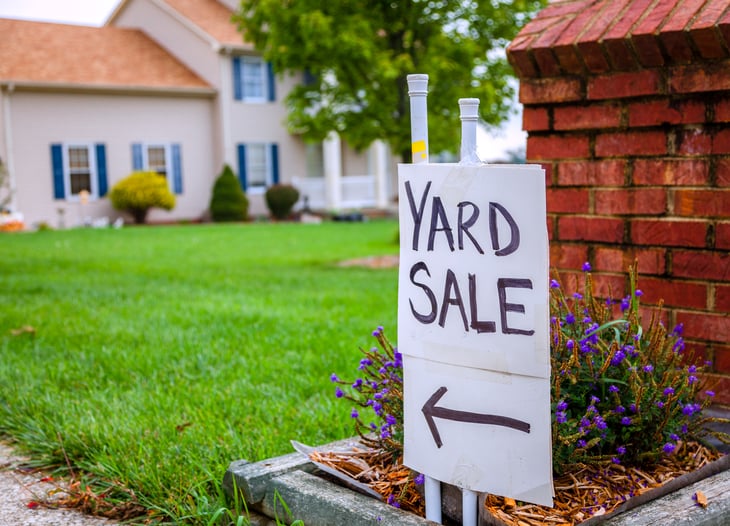
Sometimes the hard part of decluttering is deciding what to keep and what to dispose of. It is also difficult to know where and how to get rid of things. Luckily there are more options than ever before.
Beyond garbage, recycling and donating, you might also want to consider:
- Old fashioned garage sales, eBay and Craiglist for selling things yourself.
- Resellers that specialize in whatever you are selling.
- Freecycle.org and the buynothingproject are grassroots movements with a focus on the gifting economy.





Add a Comment
Our Policy: We welcome relevant and respectful comments in order to foster healthy and informative discussions. All other comments may be removed. Comments with links are automatically held for moderation.